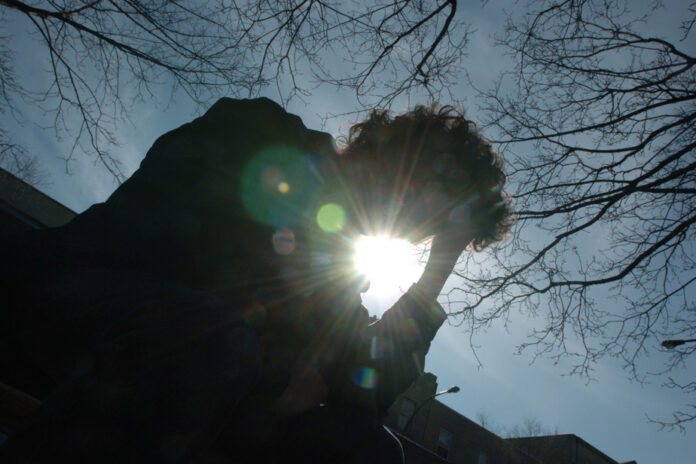You may have planned your personal finances in such a way as to bequeath a beautiful inheritance to your children. But sometimes, a consumption problem can complicate things.
Hélène* and Gilbert*, 72 and 75, have worked all their lives and have amassed a good estate: they plan to bequeath about $2.5 million to their two children, Frédérique* and Dominique*. They are now professionals in their forties, they earn a good living and have children. All was well, until Dominique developed a problem with alcoholism during the pandemic. This dependency has created insecurity in the family, but has also considerably damaged the bond of trust between Dominique and the other members of the family.
“We are worried about the future of our child, for his couple, his professional situation and, also, we want the money we bequeath to our children to continue and go to our grandchildren afterwards”, says Hélène.
Thus, although Dominique makes efforts to get by, Gilbert, who suffers from Alzheimer’s, and Hélène, who suffers from multiple sclerosis, wonder if they should leave their wills like this, which bequeath 50% of their fortune to each of their children. “We are wondering if we should instead give $100,000 to each of our four grandchildren and ask our children to grow these amounts for them until they need them for an important project, explains Hélène. Or, should a trust be set up to have control over what happens to the money? »
While this situation is emotionally difficult, Anik Bougie, practice leader in financial planning and taxation at Professionals’ Financial, understands the couple’s concerns very well. “To get peace of mind, they need to protect the capital of their estate so their grandchildren can benefit from it,” she says. Thus, they must change their will as soon as possible. »
This is even more true for Gilbert because of his Alzheimer’s. “In fact, if he already has an approved protection mandate, it is too late: he will no longer be able to make changes to his will, even if his spouse is the mandatary, she specifies. If he can still make changes, he had better do it now, before his situation escalates. »
Hélène and Gilbert plan to bequeath $100,000 to each of their grandchildren. But Anik Bougie points out that bequeathing more than $40,000 to minors leads to complex management.
“The public curator is involved, then you have to do an annual rendering of accounts and, at 18, the child receives 100% of the sum, so that’s not what Gilbert and Hélène want. I would not recommend this option to them. »
The couple could, however, decide to bequeath sums to their grandchildren by creating a testamentary trust. It makes it possible to entrust a third party with the management of the capital in order to protect it.
“If they decide to choose this option, it would probably be more appropriate to create one trust for all four grandchildren than one for each. »
Another option would be to set up a trust for just over $1 million to leave to their dependent child.
“Thus, the capital could be kept for the grandchildren and the income generated by the capital could be paid out each year to the beneficiary, so Dominique, illustrates the financial planner. Either way, if you keep the income in the trust, it would be taxed at the top marginal rate of 53.31% in 2023, so it probably wouldn’t be beneficial. »
You also have to think about what will happen to the trust if the beneficiary becomes sober. “For example, it may be worth giving the trustee all the latitude possible when it comes time to decide whether or not it is best to close the trust, depending on the circumstances,” says Anik Bougie. Because it also happens, unfortunately, that sobriety only lasts a moment. »
We will guess that managing a trust is not an easy task for different reasons, including emotional ones. “People tend to appoint someone close to the family to carry out this task, but my advice is to appoint a professional, neutral and independent fiduciary, indicates the expert. It comes at a cost, but it will bring peace of mind. »
While the trust makes it possible to protect Dominique from the risks linked to her addiction, Frédérique seems to have all the capacities to manage her inheritance. Hélène and Gilbert could therefore very well decide to bequeath half of their fortune directly to him.
“But it happens that parents, in a similar situation, are uncomfortable with acting differently with their two children, notes Anik Bougie. They could then decide to put the inheritance of the two children in trust. Or, they could talk with their children about what they write in their wills to prevent it from being a surprise at the time of their death and from creating disputes, which we want to avoid at all costs. »
Planning a project that requires wise use of your money? Do you have financial problems?















